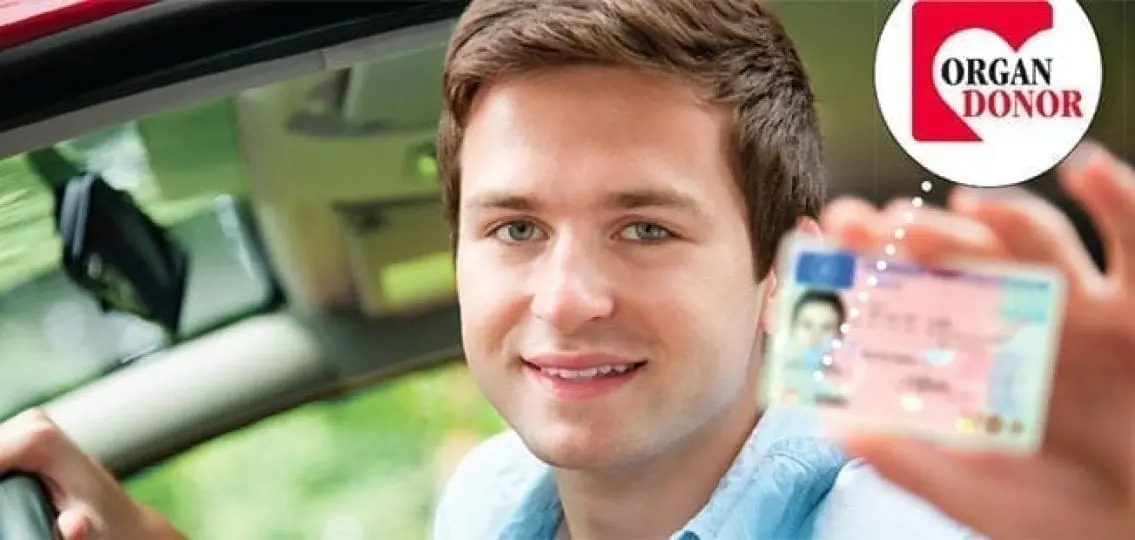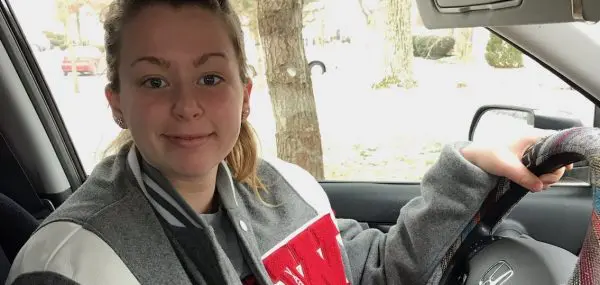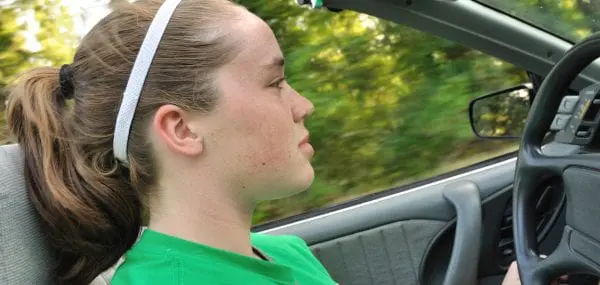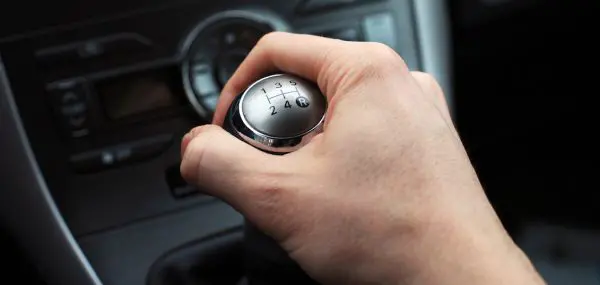The day your teenager gets their driver’s license is a significant moment for the whole family. Your new driver has just earned some new freedoms. And you’ve got an extra driver to help carpool and run errands.
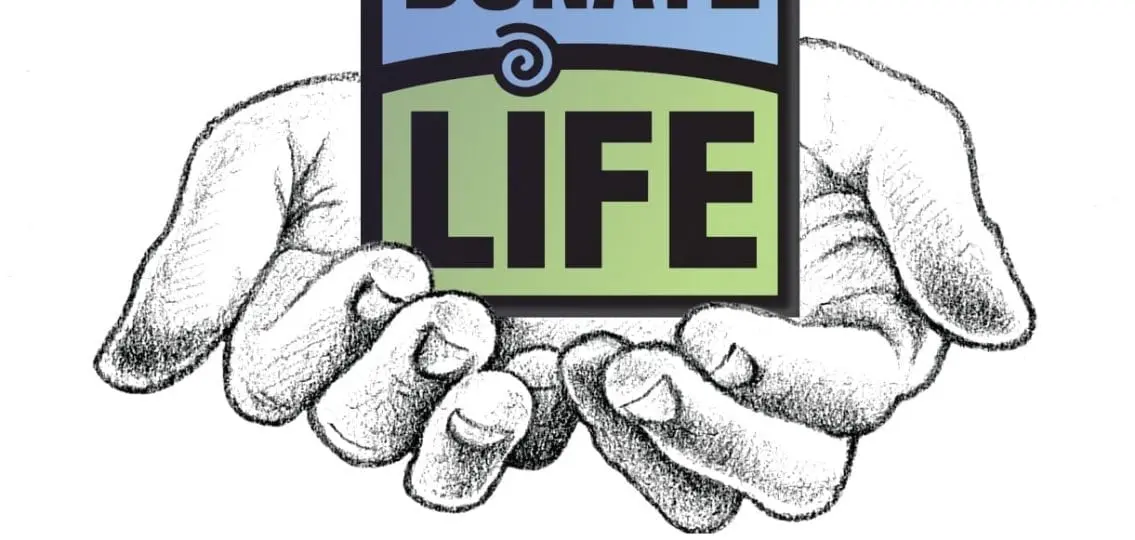
But getting a driver’s license also presents teenagers with another important opportunity: to decide whether to become an organ donor. My two kids signed up to become organ donors without a second thought when they got their driver’s licenses.
Their receptive attitude is consistent with that of today’s young people, says James Pardes, vice president of marketing and communications for the organ donation nonprofit LiveOnNY. “Organ donation is a cause that teens and young adults are embracing,” he says, whereas it might not be as comfortable for their parents.
| [adrotate banner=”99″] |
3 Reasons to Become an Organ Donor:
- On any given day, 117,000 people are waiting for an organ transplant.
- Nearly 2,000 of those waiting are children.
- A donor can save up to eight lives with organ donation and can heal up to 75 lives with tissue donation.
Registries in nearly every state, plus in Washington D.C. and Puerto Rico, allow teens to sign up before age 18 (typically at 16 or 17). However, until teens turn 18, parents have the right to revoke the decision. Pardes recommends that teens discuss their wishes with their families before they register.
Misconceptions about Organ Donation
Some people are unsure about registering because of misconceptions. However, parents and teens should be assured that the medical professionals responsible for a teen’s care will do everything they can to save that child’s life. (And your medical team isn’t even associated with the donor team.)
Furthermore, organ donation doesn’t cost the donor’s family anything.
And most major religions allow organ donation. Talk to your religious leader if you aren’t sure.
No one wants to think about worst-case scenarios, Pardes says.
But for many families, knowing that their teen has articulated a wish to help others can be a great source of comfort.
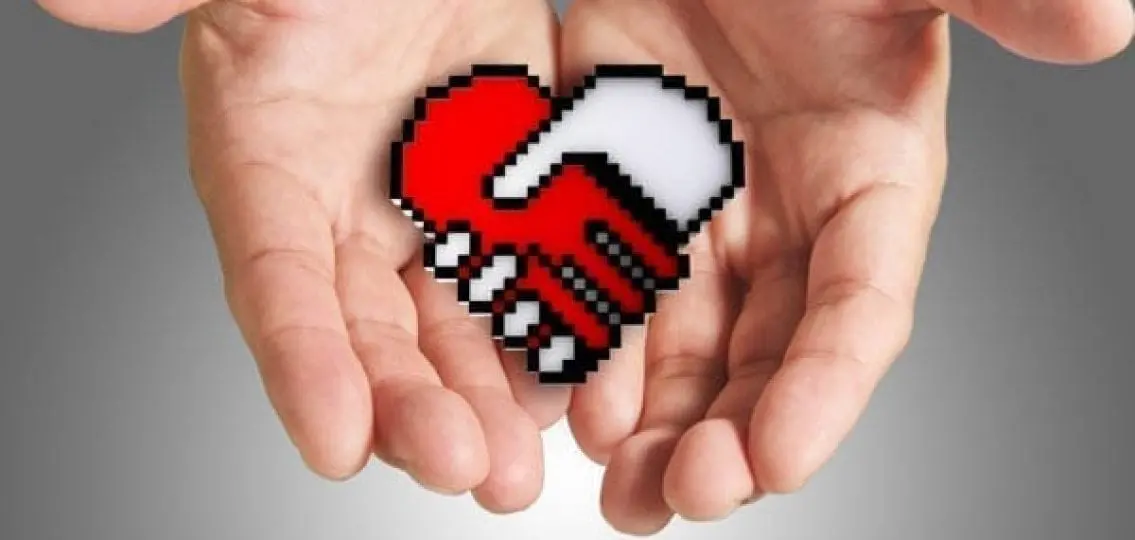
Learn more at Donate Life America (donatelife.net), or register through your department of motor vehicle licensing.
